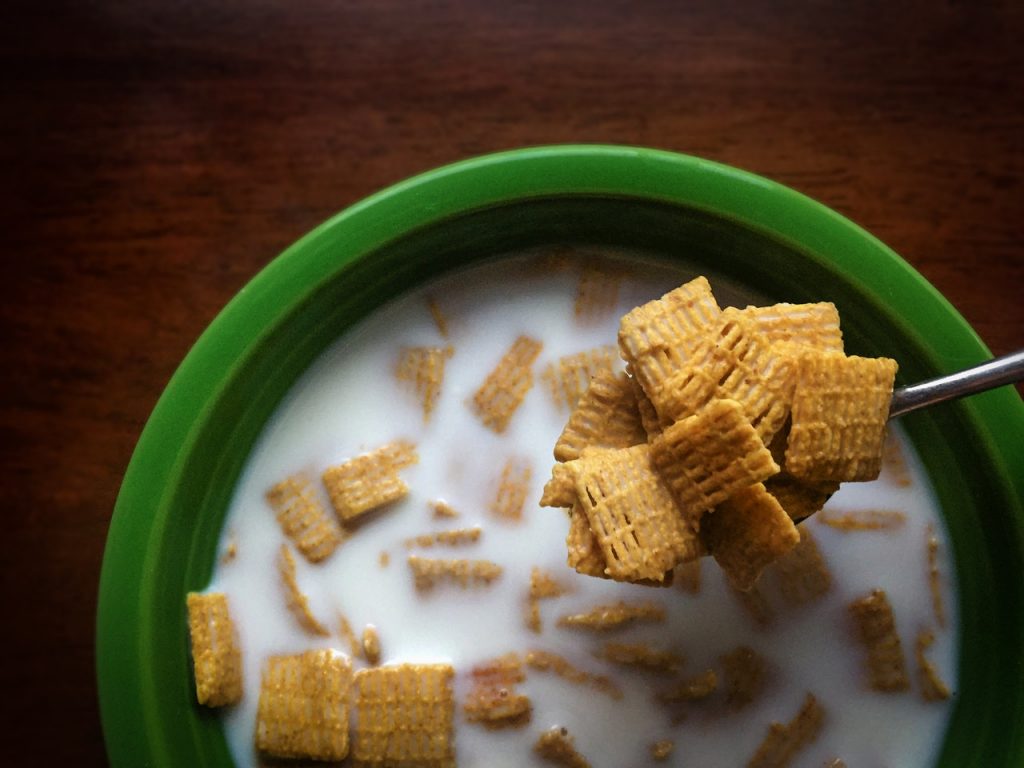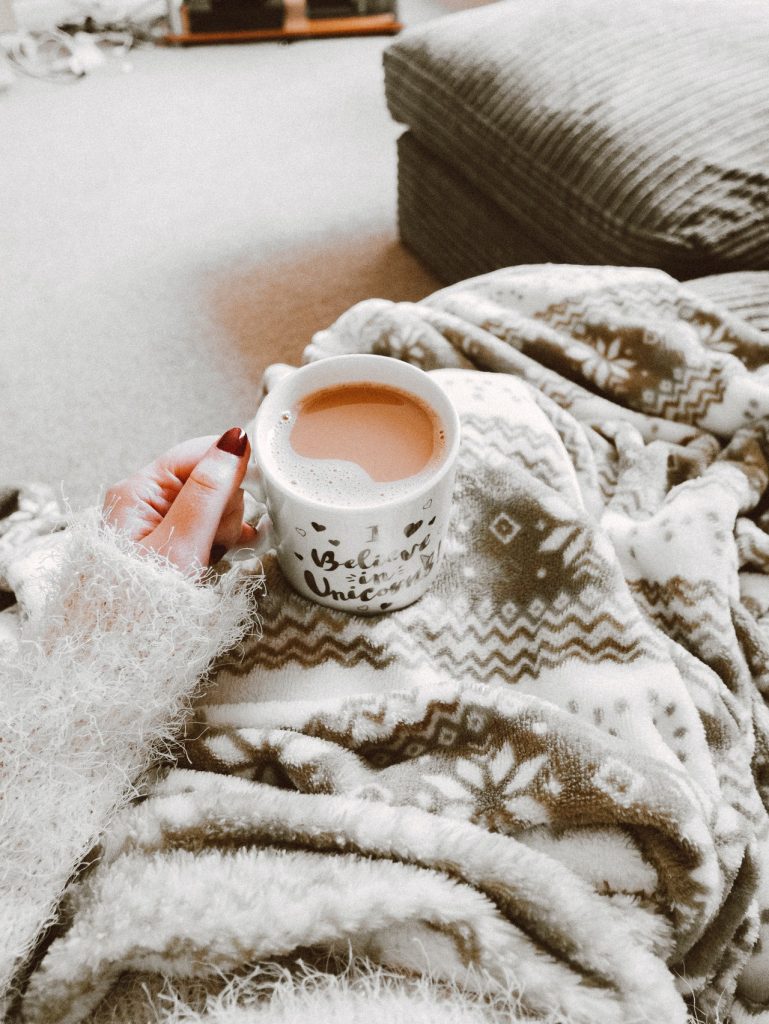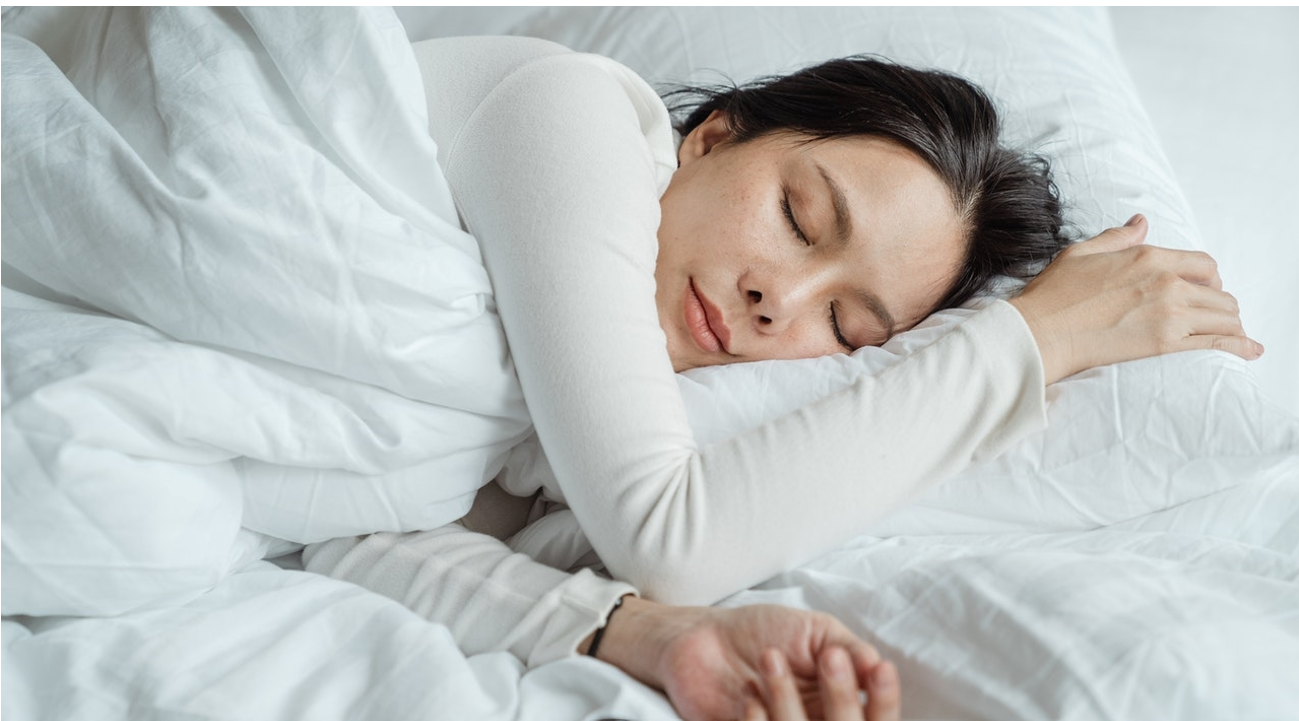If you are one of the 30 % of American adults suffering from insomnia (1), you know how lack of sleep can have a great impact on your overall sense of well-being. Insomnia can really throw you for a loop. You may experience mood swings, increase hunger, lack of energy and productivity, just to name of few. If you have chronic insomnia, you run the risk of developing chronic conditions such as obesity, heart disease diabetes, Alzheimer’s, etc. (2). The reality is that sleep has many functions to help your body keep homeostasis. For starters, it regulates blood sugar, immune system, detoxification, memory reconciliation, energy productions and the list goes on.


In conventional medicine, medications for insomnia are prescribed such as Ambient, Lunesta, or Rozerem. Although these medicines are recommended for a short period of time in many cases, due to unresolved insomnia, they may be recommended for extended period of time. These may result in long-term side effects such as dependency and higher risk of developing Alzheimer’s (3) for example.
In Natural and Functional Medicine, insomnia is only a symptom that indicates that something is out of balance and inflammation is usually the culprit (4). There are many causes of insomnia, and the best approach is to uncover the root cause or causes. Among the causes are stress, poor sleep hygiene, hurt burn, sleep apnea, muscles/joints aches and pain, chronic illness, medication, and so forth. But there are some not so obvious reasons like poor blood sugar regulation, food sensitivities, nutritional deficiencies, high toxic load, hormonal changes, EMFs and more.
One less known and most common reasons for insomnia, is poor blood sugar regulation during the day. That is, if blood sugar regulation is not optimal during the day, you may experience a drop in blood sugar in the middle of the night which causes you to wake up. You may feel anxious, irritable, restless, experience rapid heartrate among other symptoms resulting in inability to fall back to sleep. This is known as “nocturnal hypoglycemia”. That is one of the reasons some insomniacs eat a snack and are able to fall back to sleep.
The best way to avoid nocturnal hypoglycemia is to keep close tabs on your blood sugar during your wake hours. Here are 7 tips to help you regulate your blood sugar during the day for better sleep.

- Avoid high glycemic foods for breakfast such as cereal and bagels. A high glycemic breakfast will set you up for a sugar roller-coaster ride. Best approach is to eat a breakfast that contains healthy complex carbs, protein, and fats such as eggs, with avocado and grapefruit; or a protein shake that includes a healthy fat and complex carb like macadamia nuts and green apple.
- Avoid spiking or dropping your blood sugar. Both states are inflammatory and prevents healthy blood sugar regulation. Examples of these are eating a large meal, eating junk food, eating under stress, or eating foods that you are sensitive to. Your blood sugar may drop, if you don’t eat enough or eating the wrong foods in the previous meal or snack, skip meals or allowing yourself to go with out food for an extended period of time.
- Eat 3 balanced and low glycemic meals and 2 snacks (containing complex carb, healthy protein, and fat). Eventually, you may be able to eliminate one or two snacks.
- Eliminate processed foods and junk food from your daily diet.
- Limit alcohol, especially in the evening.
- If you have food sensitivities, avoid those foods for better blood sugar regulation.
- If necessary, eat a healthy balanced low-glycemic snack an hour or so before bed.

If your insomnia does not improve or resolve by implementing these tips, it is time to dig deeper into the root cause of your insomnia. A Natural, Holistic and Functional Approach may be just what you need to discover the root causes and corrected it so that you may finally have some Zs and prevent chronic disease such as diabetes, Alzheimer’s, heart disease, etc.
I created blood sugar regulating tea for bedtime. It is my Good Night Roasted Chicory Tea. It contains healthy fat, protein, and fiber to provide you with a steady supply of energy while you sleep. If you are sensitive to collagen, you may skip it or substitute it for a scoop of your favorite protein powder.
To get my recipe got to
https://vivalavidawellness.com/portfolio/good-night-chicory-tea-or-just-because/

